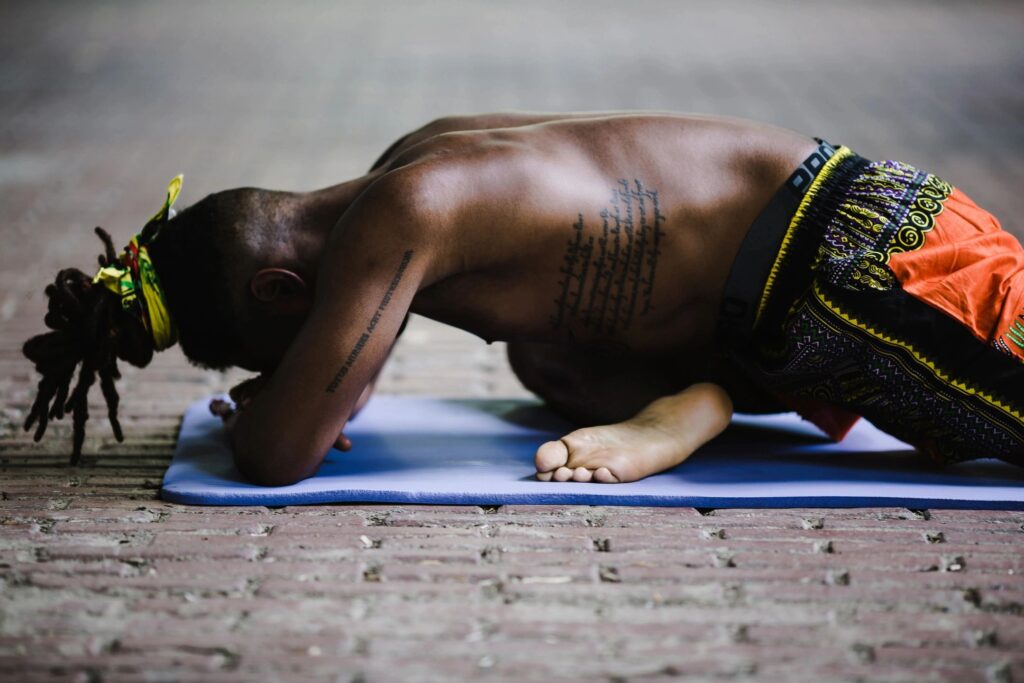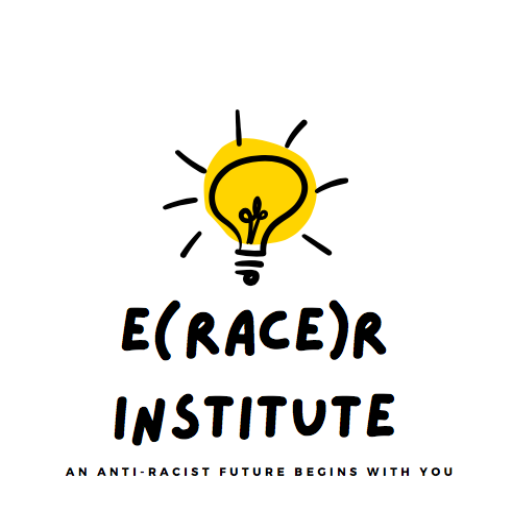Film: 13th (Ava DuVernay, 2016)
Real Talk, Real Walk™ Monthly Livestream: August 17, 2023 @ 12pm
Where to join: Watch live on Facebook, LinkedIn, Twitter, or YouTube.

State Sanctioned Violence
When doing anti-racist work, it’s important to understand what is meant by “state sanctioned violence.”
In Canada and in the U.S., the “state” is the political mechanism that oversees what you can and cannot do in your day-to-day lives. It ranges from the elected officials (as an institution) to the systems they oversee. Education, Criminal Justice, even Housing and Healthcare are all “the state,” and when it’s operating well, you can access quality education, you and your family have enough food to eat, you feel protected. All those good feels can be wrapped up in a single word: SAFETY.
But, for many of us, that sense of safety is undermined each and every day. It’s undermined by those same political mechanisms being used in ways that harm rather than protect us.
When we express concern about how particular laws are impacting us, we are ignored.
If we point out that certain social systems like education and healthcare are not working for us, we are disciplined.
And when we demand our safety – when we demand to “Matter” – we are brutalized, violated, and, killed.

Authorized State Violence
Now, here’s the worse part:
This level of potential violence is “sanctioned.”
Yup.
Sanctioned. Authorized. Allowed. Normal. Accepted. Expected. Legal.
And because of that, it makes it that much harder to challenge.
When we live a life worried that at any moment any person we encounter can choose to end it, we exist in a constant state of anxiety.
That psycho-social anxiety has physical impacts:
Black people have higher rates of heart disease and lower birthrates for our children. Realities like these have led some medical doctors to advocate for a better understanding of the social determinants of health.
So who is responsible for authorizing this violence, and how can we interrupt it’s impact?
Authorizing State Sanctioned Violence
We all participate in authorizing state sanctioned violence. We do it each time we vote, and each time we don’t vote.
Sanctioning violence from the state happens when see the over-policing of Black and Indigenous people, and we wait for someone else to make a fuss about it.
And while we can choose to feel guilty about the times when we didn’t’ speak up or speak out, the e(RACE)r institute wants you to do something that feels much better:
Do something now.
Shift the silence of the past into action of the present.
The most important question for you to ask yourself is one you asked yourself in July:
What can I do to intervene?
Because silence in the face of state sanctioned violence has not worked.
Leaving Black and Indigenous people to grapple with this reality alone lacks empathy and care.
And being courageous – using our positions of privilege and influence to demand better can make all the difference.

Now, take a deep breathe, because:
Today, you will not turn away.
You will not be satisfied with second-hand accounts of the impact of anti-Black racism on generations upon generations of Black community members.
Today, you will not let feelings of guilt or shame or fear have you avert your gaze.
You can and you will be the change.

